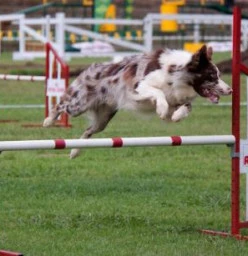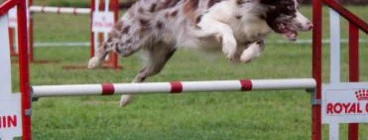- 9 Old Main Rd, Hillcrest, Hillcrest Central, KwaZulu-Natal 3650
- 2-5 km from Cowies Hill Park
Cooling Beds & Mats - Pet Supplies & Services in Cowies Hill Park (3610)
No exact matches found within 5km.
Other related businesses in and around Cowies Hill Park (within 20km)
- 23 Jellicoe Street, Farningham Ridge, Pinetown, Farningham Ridge, KwaZulu-Natal 3610
- 5-10 km from Cowies Hill Park
- 32 Old Main Road 3610 Hillcrest, Hillcrest Central, KwaZulu-Natal 3650
- 2 km from Cowies Hill Park
- 2 St Marys Rd, Kloof, Kloof, KwaZulu-Natal 3610
- 2-5 km from Cowies Hill Park
- 38 David Drive Waterfall, Durban, Waterfall Central, KwaZulu-Natal 3652
- 2-5 km from Cowies Hill Park
- 2 St Mary'S Road, Kloof, 3610, Kloof, KwaZulu-Natal 3610
- 2-5 km from Cowies Hill Park
- 33 Henry Pennington Road, Westmead, Pinetown, Westmead, KwaZulu-Natal 3608
- 5-10 km from Cowies Hill Park
- 171 Roger Sishi Rd, Westville North, Westville North, KwaZulu-Natal 3629
- 10-20 km from Cowies Hill Park
- St James Avenue Westville, Central Westville, KwaZulu-Natal 3629
- 10-20 km from Cowies Hill Park
Agility, canine freestyle and trick training. We are all about having fun with your dog! We are associated with Boavida Canine Lifestyle Centre. We train agility, canine freestyle, flyball and trick training. We find the fun in dog training! Read more


